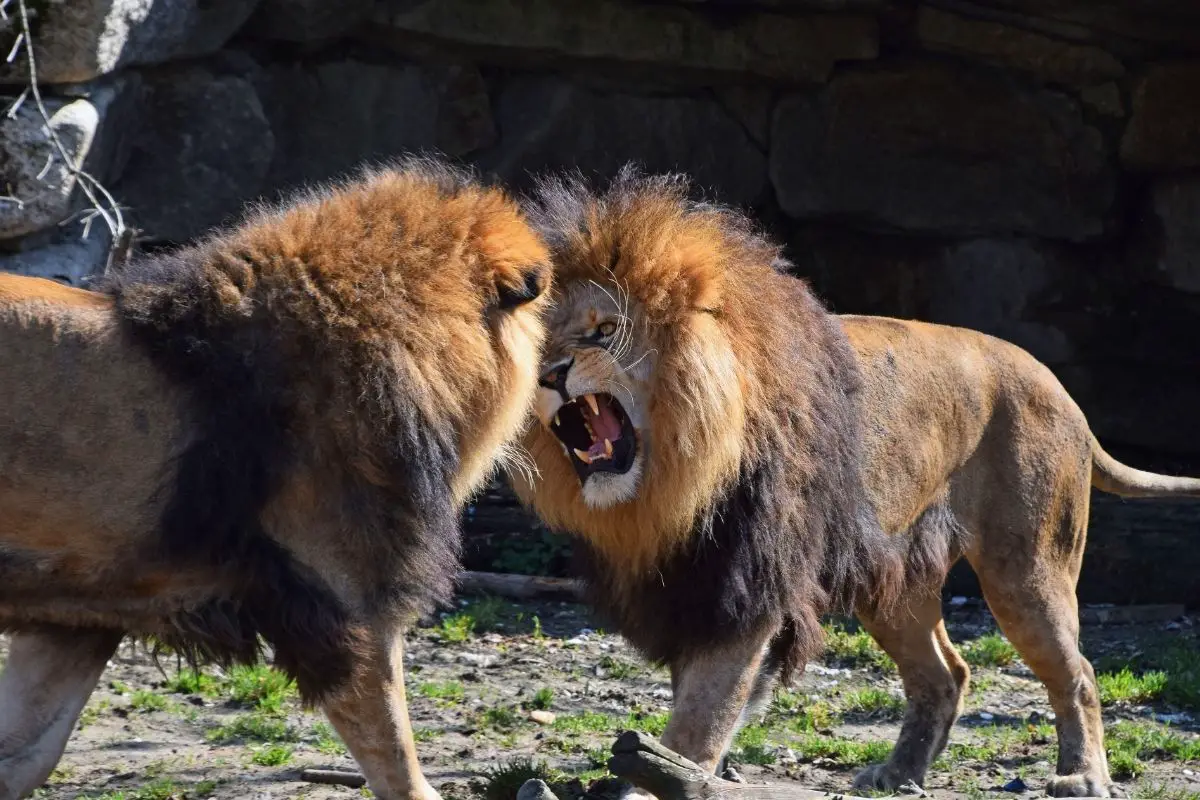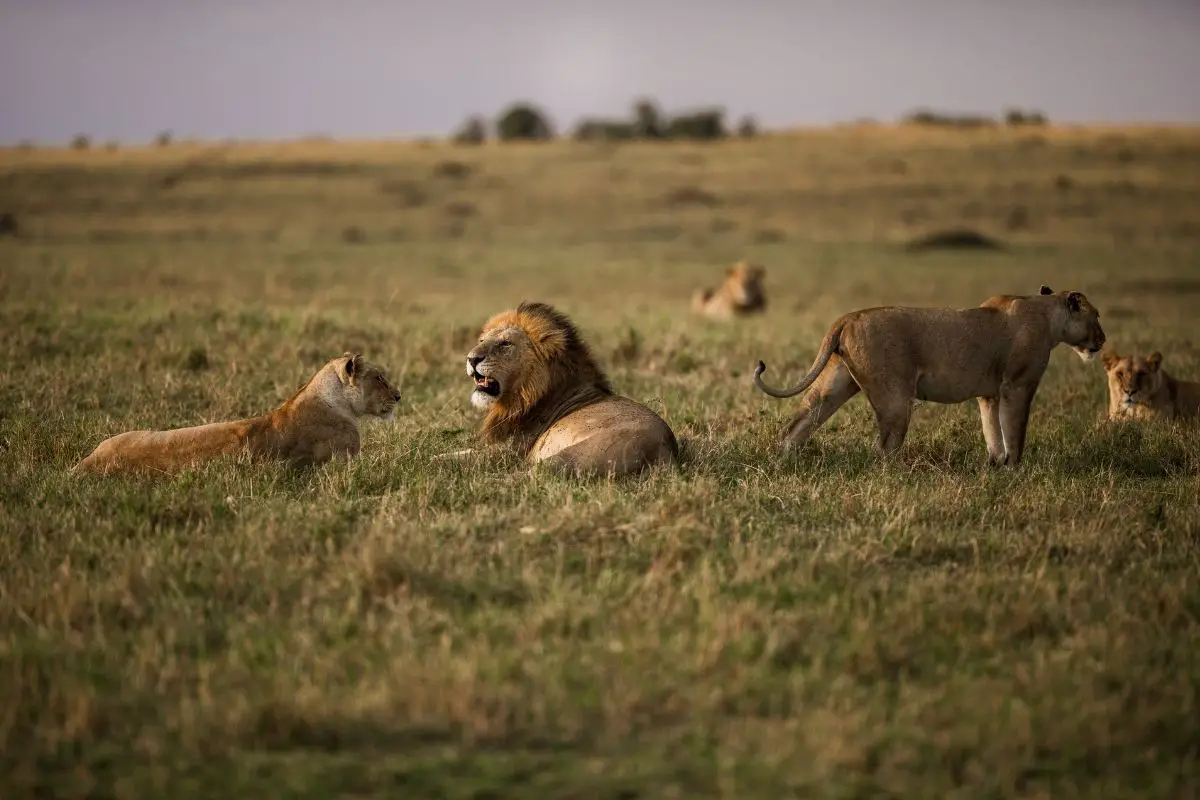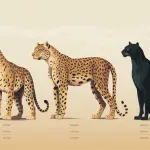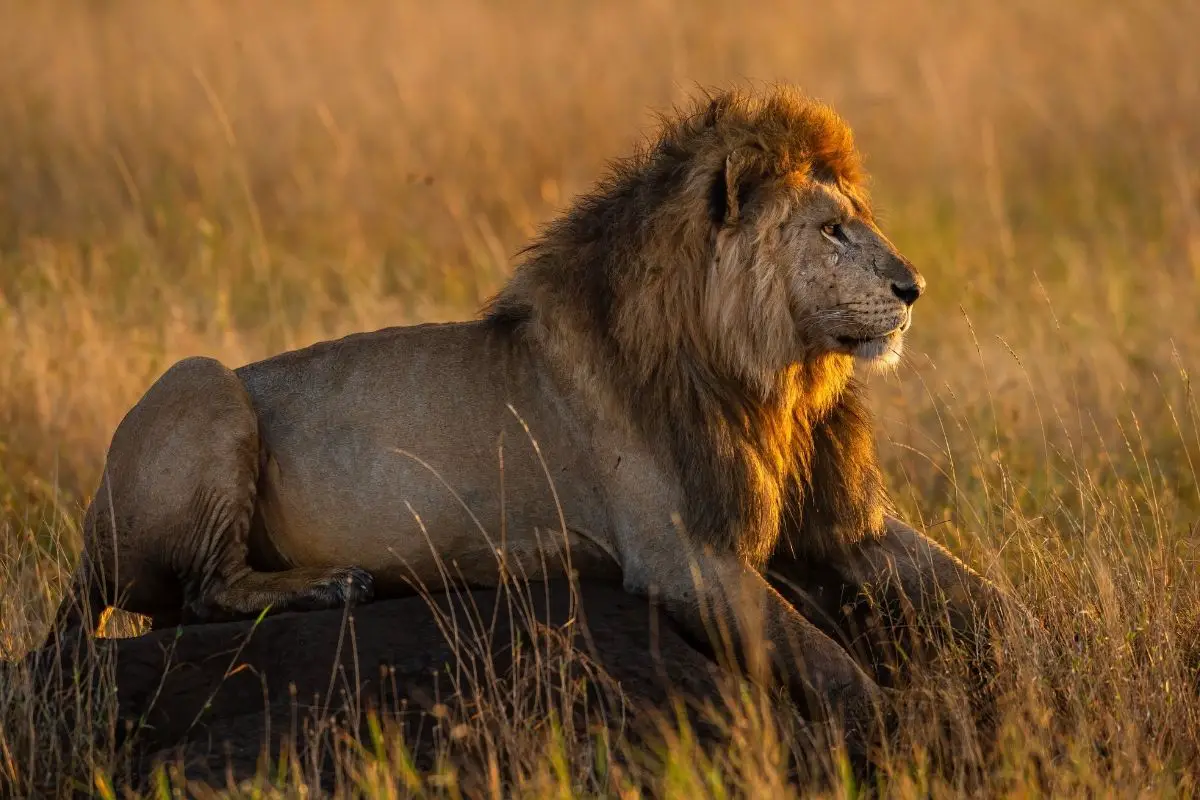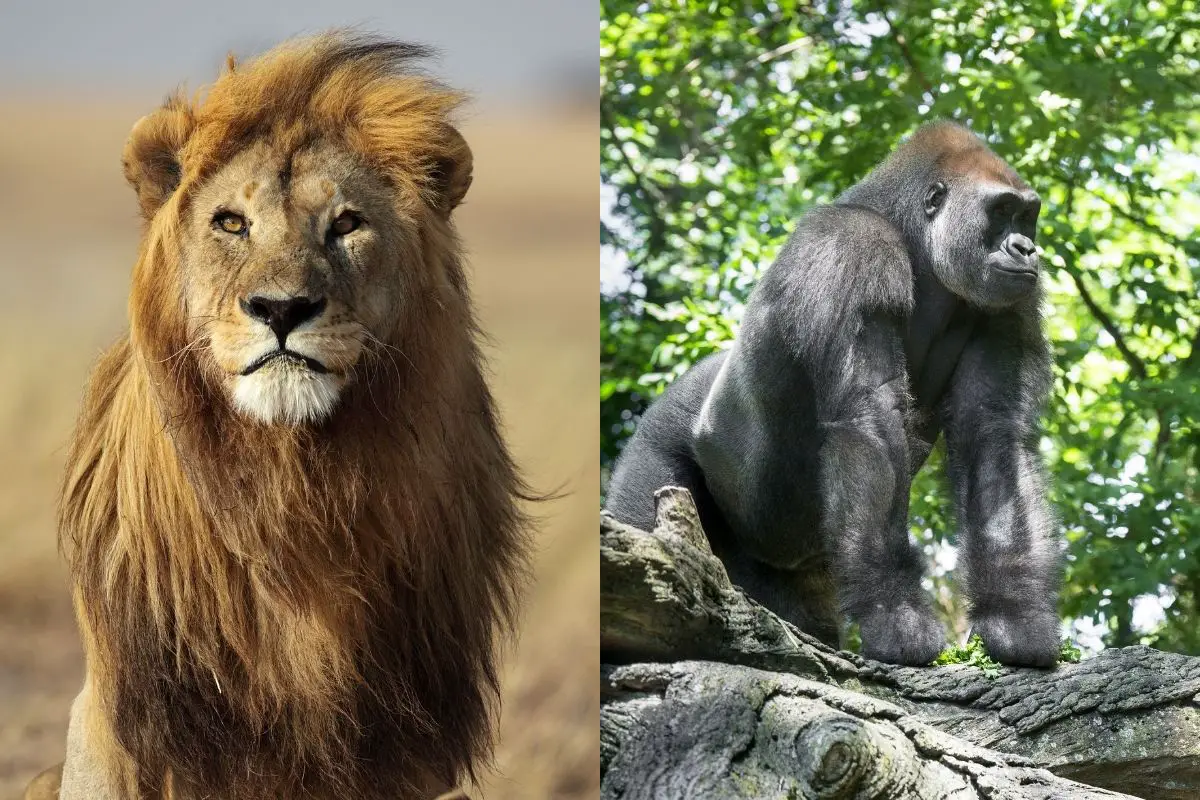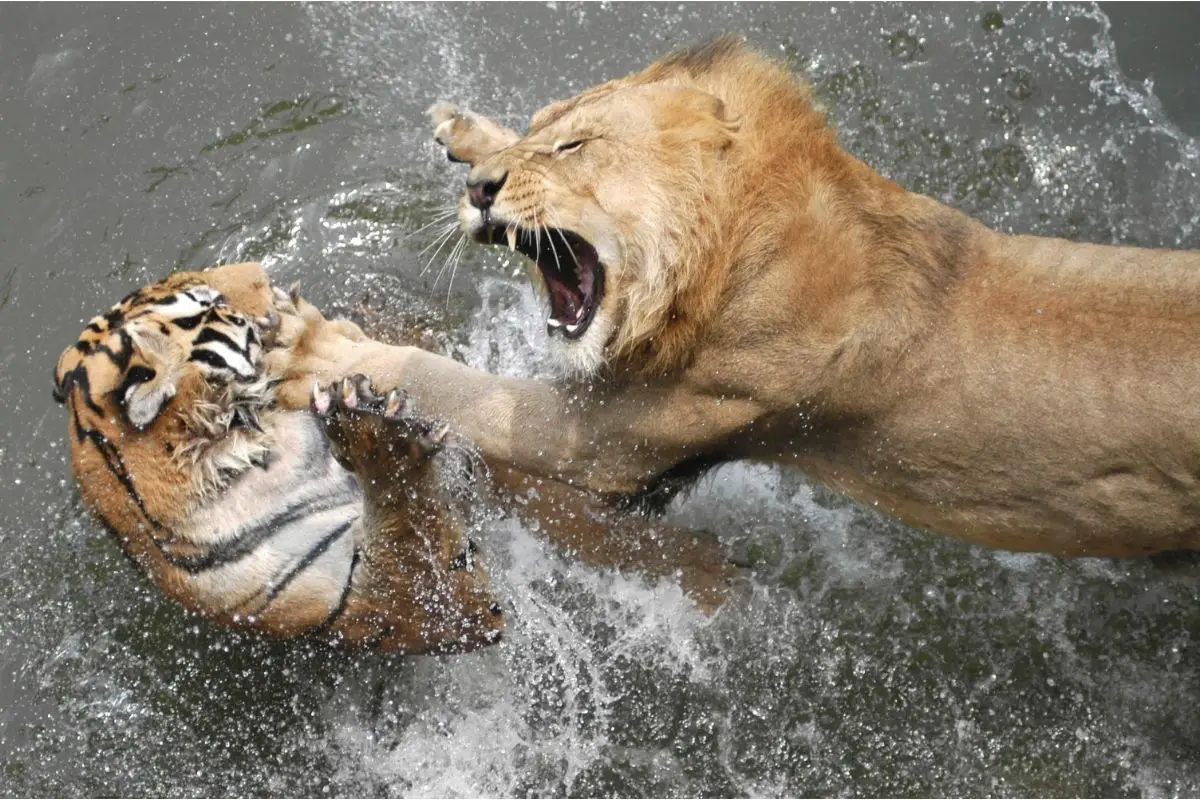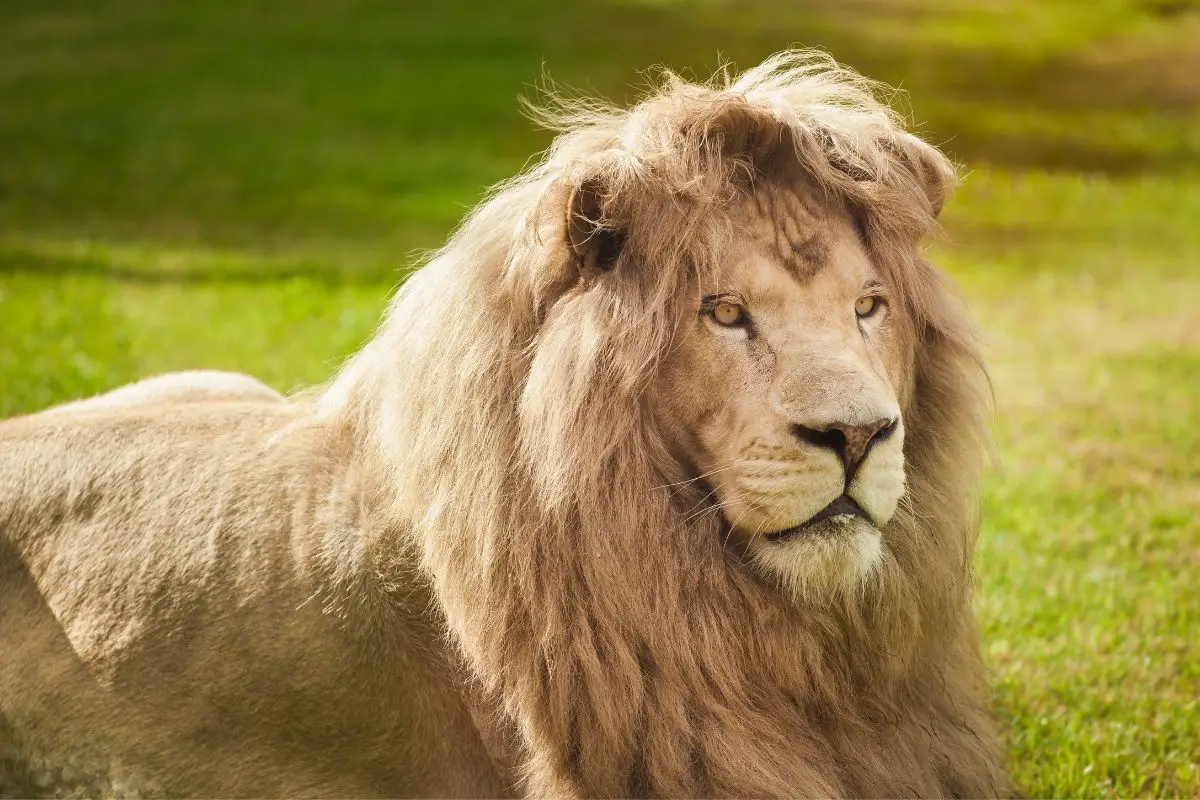Updated: July 2025
Lions are among the most social big cats, living in complex family groups called prides. However, beneath their majestic exterior lies a harsh reality: male lions sometimes kill and eat their own cubs. This disturbing behavior, while shocking to humans, serves important evolutionary purposes in the wild.
While male lions are more likely to kill cubs than consume them, infanticide and cannibalism do occur in lion prides. Understanding this behavior provides crucial insights into lion social dynamics and survival strategies.
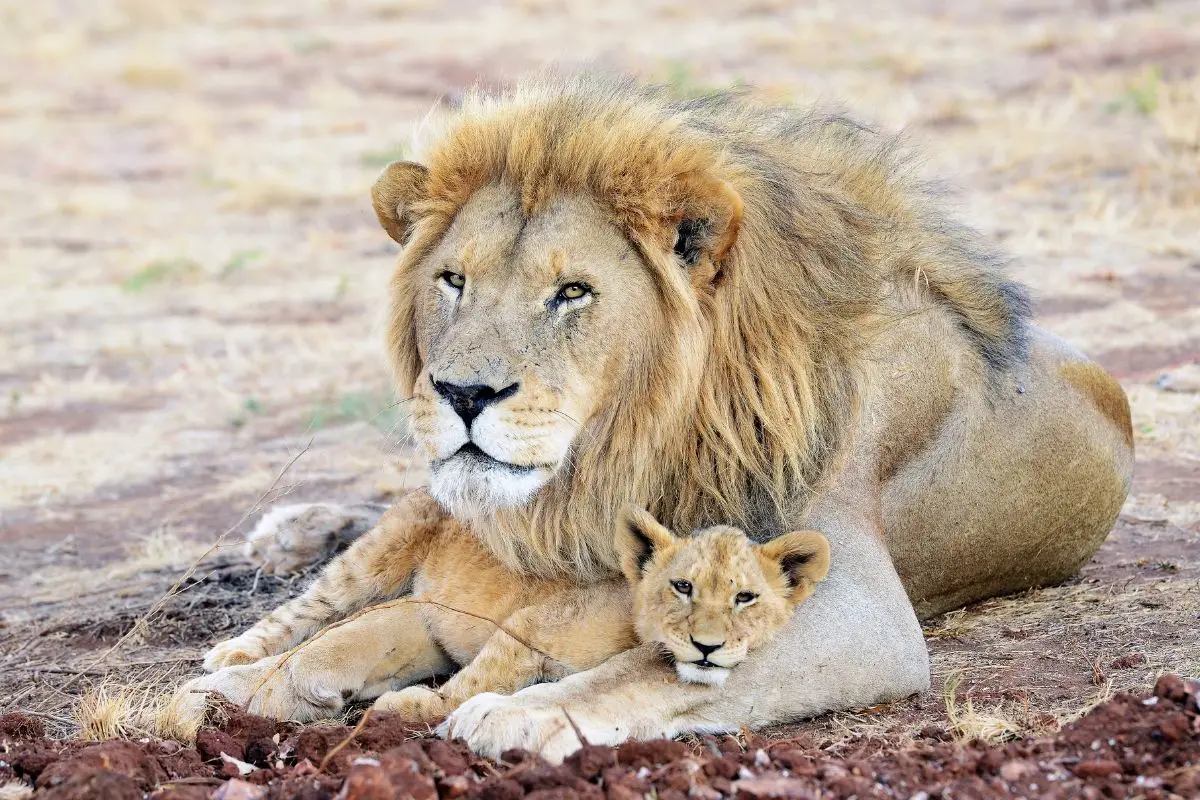
In this article, we’ll explore the complex reasons behind male lion infanticide, examine when cannibalism occurs, and reveal the surprising survival strategies lionesses use to protect their young.
The Reality of Lion Cannibalism
Lions are obligate carnivores, meaning they survive exclusively on meat. Their territorial nature and complex social hierarchy can lead to violent confrontations between males, and in rare cases, cannibalistic behavior.
Adult male lions typically engage in brutal fights for several reasons:
• Territory disputes
• Challenging the dominant male
• Competition for mating rights
• Defense of pride resources
These battles can result in severe injuries or death. While the victor typically abandons the defeated lion’s carcass, occasional cannibalism does occur. However, this behavior is relatively uncommon compared to cub infanticide.
Why Do Lions Kill and Eat Their Cubs?
Both male and female lions may kill cubs, but for different reasons. Lionesses typically eliminate weak or deformed offspring to focus their energy on viable cubs with better survival chances.
Female lions will abandon or kill cubs that are:
• Born with deformities or genetic defects
• Severely ill or weak
• Exhibiting abnormal behavior
• Unable to keep up with the pride
This harsh but practical approach ensures the lioness can redirect her energy toward producing healthier offspring rather than investing in cubs unlikely to survive to adulthood.
Male lions have different motivations for killing cubs. They may eliminate male cubs as young as 9 months old due to perceived future threats. Since these young males could eventually challenge their dominance, some males kill potential rivals before they mature.
Breeding urgency also drives male aggression toward cubs. Nursing lionesses remain infertile and unavailable for mating. Since dominant males typically maintain control for only 2-3 years, they face pressure to reproduce quickly.
This time constraint can lead male lions to kill nursing cubs, forcing lionesses back into estrus sooner. However, this strategy often reduces female fertility and overall reproductive success.
When New Males Take Over a Pride
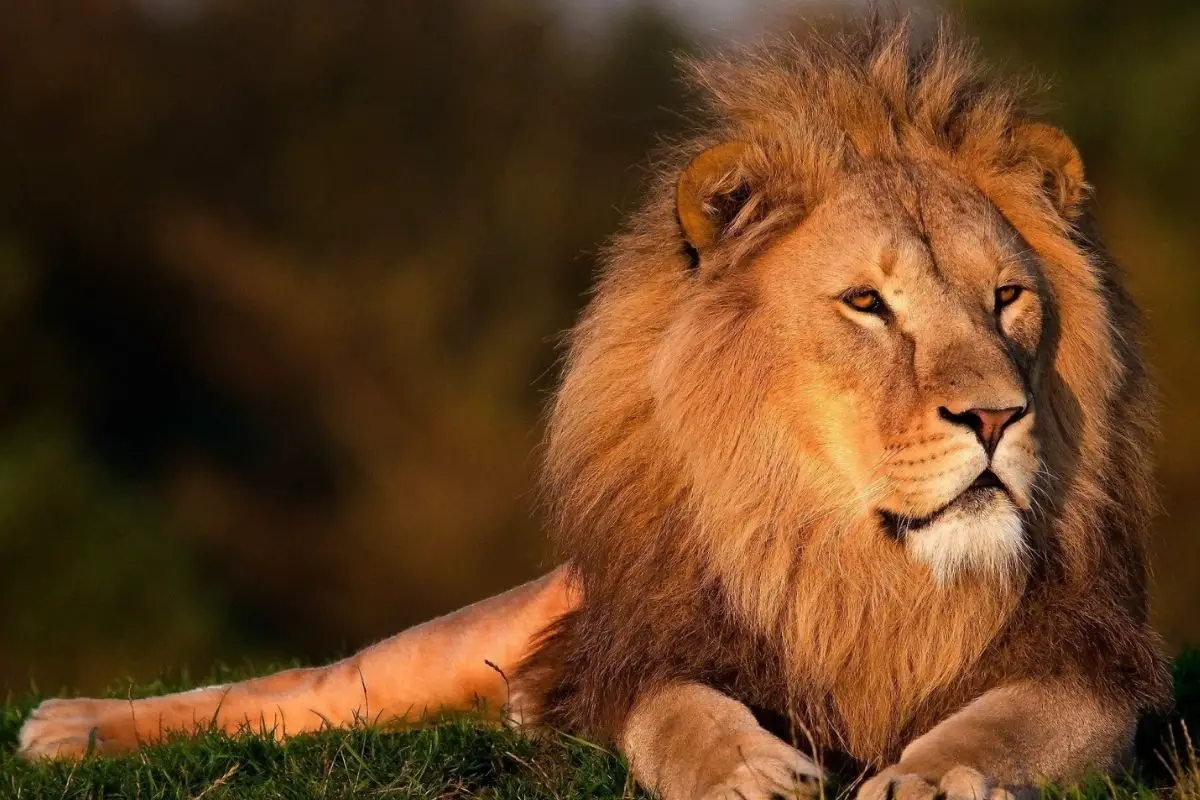
Pride takeovers represent the most dangerous time for cubs. When a new male successfully challenges the dominant male, he typically embarks on a systematic elimination of the previous male’s offspring.
This process, known as infanticide, serves several evolutionary purposes:
• Eliminates future competition from the previous male’s sons
• Removes the predecessor’s genetic legacy
• Forces females back into breeding condition
• Establishes the new male’s dominance
When a new male lion takes control, several outcomes are possible. He may defeat the existing dominant male through combat, force him to flee, or in many cases, kill him outright. Younger challengers often have advantages in strength and stamina over aging pride leaders.
After securing control, the new male systematically hunts down and kills cubs, particularly those under 18 months old. This behavior, while brutal, represents a calculated evolutionary strategy to maximize his own reproductive success.
Lionesses employ remarkable survival tactics to protect their young during takeovers:
• Hiding cubs in dense vegetation or rock crevices
• Mating with the new male to confuse paternity
• Presenting hidden cubs later as the new male’s offspring
• Coordinating group defense against aggressive males
These deception strategies prove surprisingly effective. Many new pride leaders end up raising cubs that aren’t genetically theirs, demonstrating the intelligence and adaptability of lionesses.
The Evolutionary Logic Behind Infanticide
While disturbing to observe, lion infanticide serves important evolutionary functions. This behavior maximizes reproductive success by eliminating genetic competition and accelerating breeding cycles.
Research shows that male lions are statistically more likely to kill and consume cubs than females. However, the actual consumption of cubs remains relatively uncommon compared to simple killing.
Key factors influencing cub survival include:
• Stability of pride leadership
• Availability of alternative prey
• Lioness coordination and protection
• Cub age and mobility
Conclusion
Male lions do indeed kill and occasionally eat their cubs, but this behavior occurs less frequently than popular perception suggests. Both males and females may eliminate cubs, driven by different evolutionary pressures and survival strategies.
While lions are more likely to kill cubs than consume them, cannibalism does occur, particularly during pride takeovers or when alternative food sources are scarce.
This harsh reality reflects the unforgiving nature of African ecosystems, where survival depends on difficult choices that may seem cruel by human standards. Understanding these behaviors helps us appreciate the complex evolutionary pressures that have shaped lion social structures over millions of years.
The animal kingdom operates by different rules than human society, where survival and reproductive success take precedence over individual compassion. These behaviors, while disturbing, represent successful adaptations that have allowed lions to thrive as apex predators.
- Bengal Cat vs Wild Bengal Tiger: Complete Comparison 2025 - October 31, 2025
- Complete Wild Cat Spotting Guide for Hikers 2025 - October 31, 2025
- Lynx vs Bobcat: Complete Field Identification Guide 2025 - October 30, 2025

